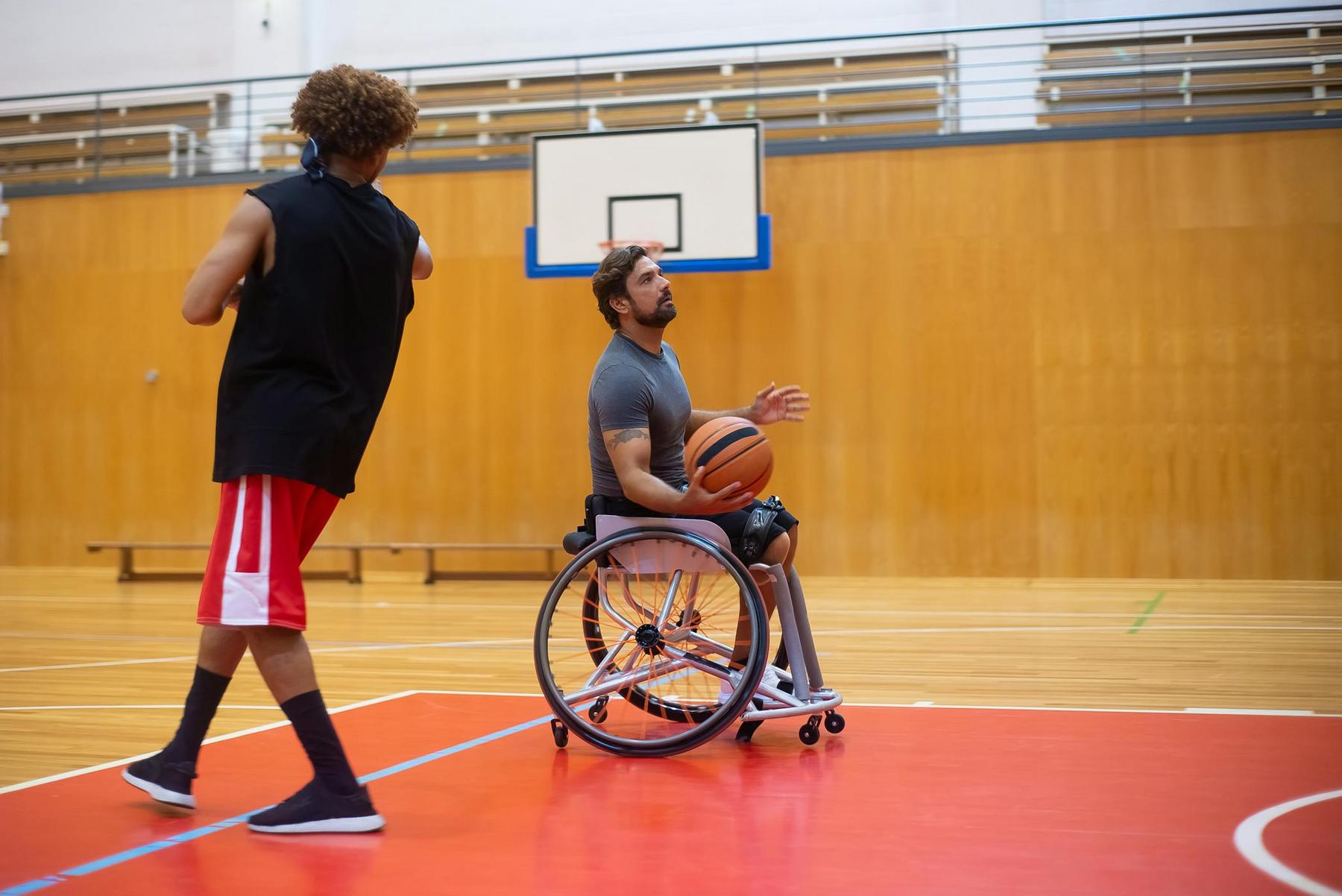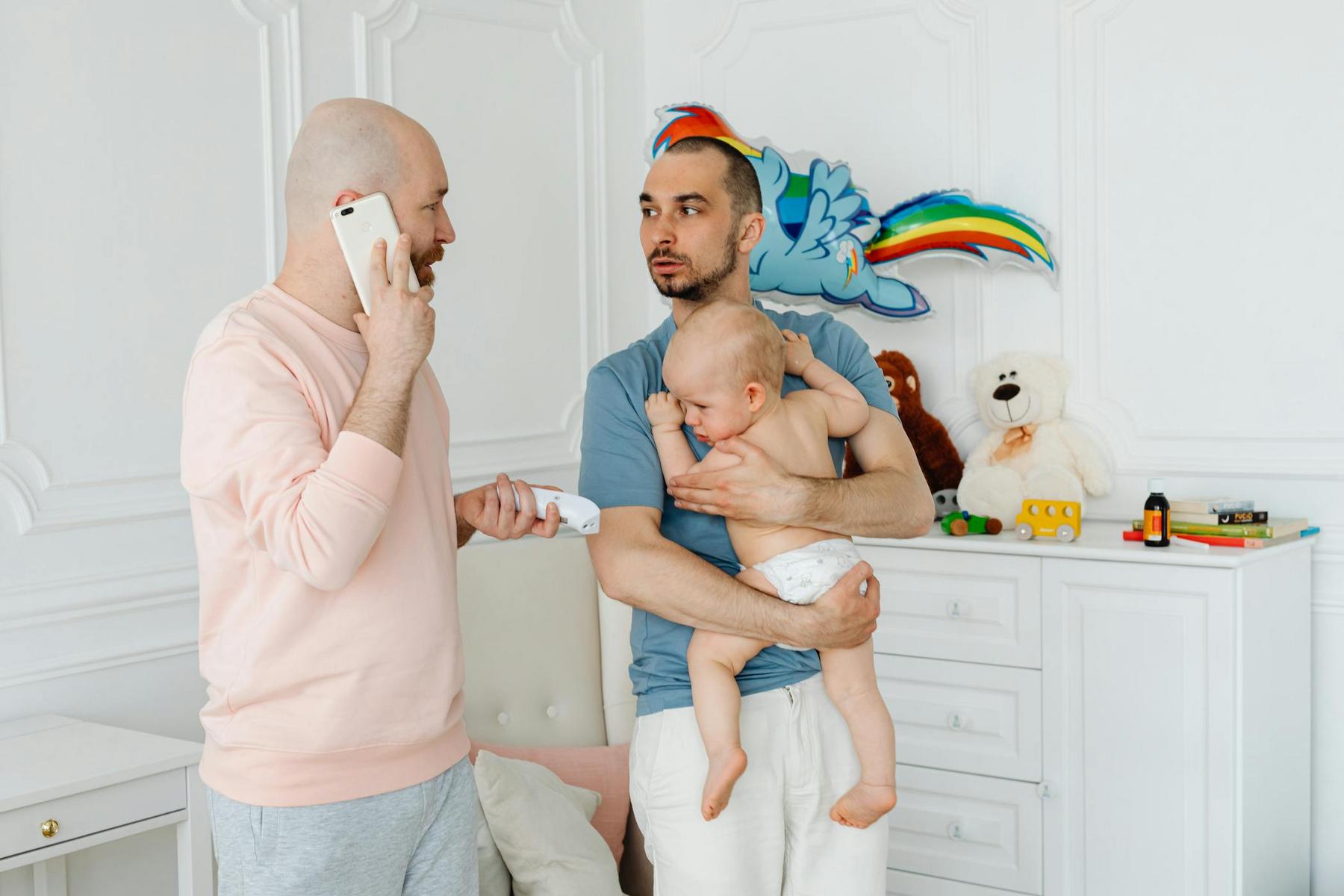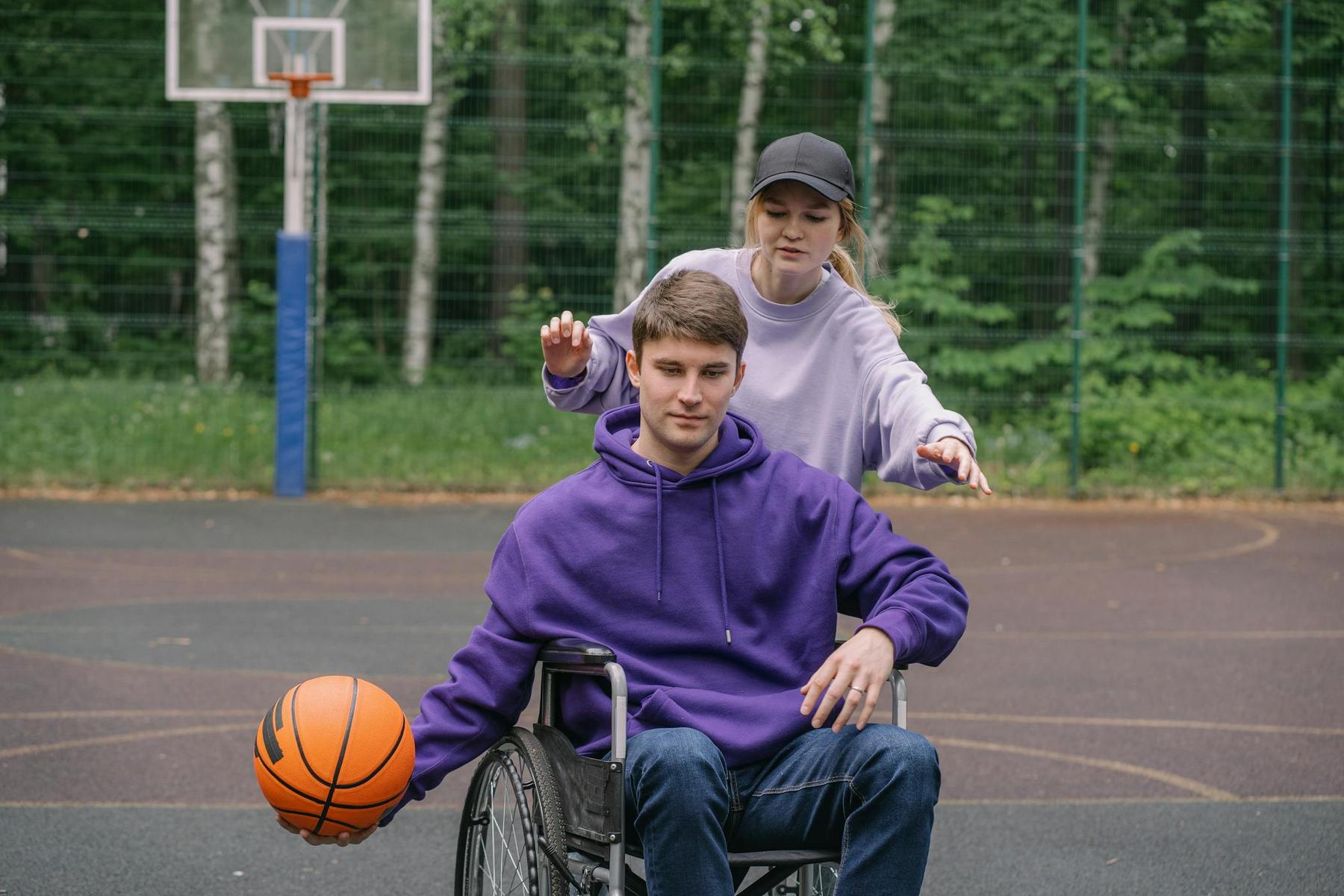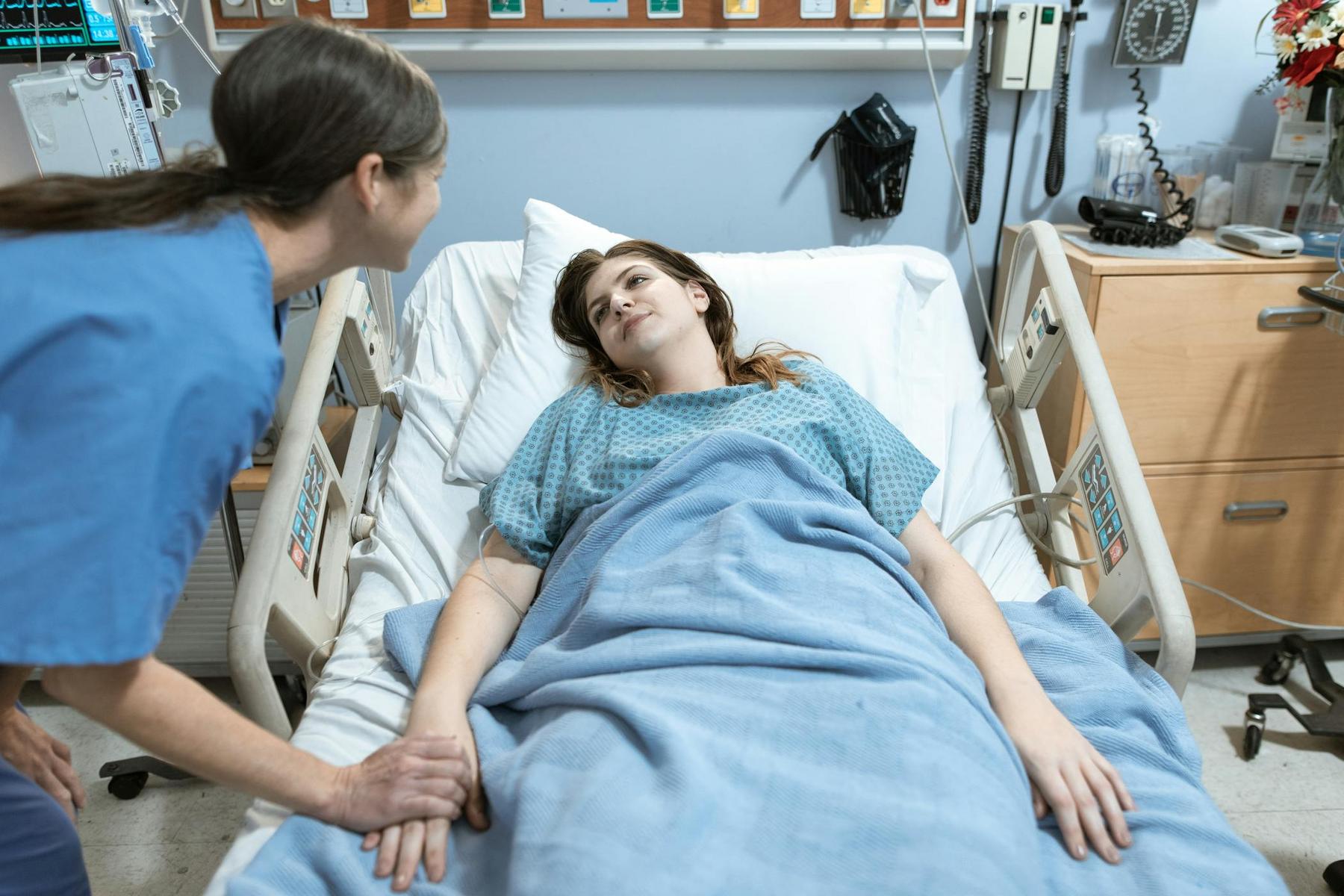Living with a disability should never mean living in isolation. Yet for many adults with disabilities in Brisbane, finding meaningful community participation activities that truly cater to their unique needs can feel like navigating an overwhelming maze. The good news? Brisbane has emerged as a leading city for inclusive community programs, offering an extraordinary range of NDIS-funded activities that foster independence, build social connections, and create genuine pathways to personal fulfilment.
Whether you’re seeking adaptive sports programs, therapeutic arts experiences, or peer support networks, Brisbane’s community participation landscape has transformed dramatically in recent years. Through the National Disability Insurance Scheme (NDIS), adults with disabilities now have access to personalised programs that go far beyond traditional day centre activities, embracing everything from wheelchair-accessible bridge climbing to neurologic music therapy.
This comprehensive guide explores the most impactful community participation activities available across Brisbane, helping you discover opportunities that align with your interests, abilities, and goals for independent living.
What Types of Community Participation Activities Are Available Through NDIS in Brisbane?
The NDIS framework classifies social and community participation under Core Supports, providing funding for activities that build independence and social connectivity. This includes support workers, transportation arrangements, and tailored activity monitoring to ensure participants derive maximum benefit from their plans.
Brisbane’s NDIS-funded community participation activities span five key domains:
Sports and Recreation Programs Sporting Wheelies leads Brisbane’s adaptive sports infrastructure, offering wheelchair basketball, rugby, and tennis programs at their Milton facility, with pathways to competitive Paralympic-level sports. Their programs address physical health while nurturing teamwork and resilience, with wheelchair basketball experiencing rapid growth due to its dual role as social outlet and competitive discipline.
Creative Arts and Therapeutic Expression Access Arts delivers year-round performing arts workshops in Ashgrove, blending movement, improvisation, and stagecraft for participants of all experience levels. Their Theatre and Dance Ensemble culminates in professional-stage performances, fostering artistic collaboration and skill diversification.
Life Skills Development Come and Cook in The Gap offers NDIS-funded four-week cooking programs where participants learn meal planning, food safety, and kitchen hygiene in supportive small-group settings. This practical training directly enhances daily living autonomy, with participants taking home prepared meals and gradually expanding their culinary repertoires.
Peer Support Networks Queenslanders With Disability Network (QDN) hosts monthly Brisbane peer groups at their CBD office, creating platforms for shared problem-solving and advocacy training around issues like housing, transport, and NDIS reform.
Accessible Tourism and Community Engagement Brisbane pioneers inclusive tourism innovations, notably through the world’s first wheelchair-accessible bridge climb at Story Bridge Adventure Climb, where custom-engineered stair-climber wheelchairs enable adults with mobility impairments to ascend the iconic structure.
How Do Brisbane’s Adaptive Sports Programs Support Adults with Disabilities?
Brisbane boasts extensive adaptive sports infrastructure that enables adults with disabilities to engage in physical activities tailored to diverse abilities. These programs transcend recreational value, creating pathways to competitive achievement and social connection.
Northcott highlights inclusive options like all-ability surfing, water skiing, and goalball—a team sport designed specifically for visually impaired participants using auditory cues for gameplay. These activities embody the principle that physical activity should be universally accessible, with venues like Lake Kurwongbah hosting trial days to lower entry barriers.
Beyond structured sports, Fit Your Ability integrates NDIS-funded dance sessions into fitness regimens, adapting choreography for mobility limitations to improve coordination and aerobic capacity. This innovative approach demonstrates how traditional fitness concepts can be reimagined for inclusive participation.
The transformative power of adaptive sports lies in their dual function: they simultaneously address physical health needs while nurturing essential life skills like teamwork, resilience, and goal-setting.
What Creative Arts Programs Offer Therapeutic Benefits for Adults with Disabilities?
Creative programs provide vital outlets for self-expression and cognitive development, with Brisbane leading Australia in innovative therapeutic arts approaches. These programs are not merely recreational; they are clinically validated interventions with NDIS registration ensuring alignment with capacity-building objectives.
Music Beat Therapy Services in Clayfield uses Neurologic Music Therapy (NMT) to target non-musical goals like speech development or emotional regulation through rhythm-based interventions. This neuroscience-backed approach translates musical engagement into daily-life applications such as improved motor planning for neurodivergent adults.
Rhythmic Integrations further specialises in NMT’s evidence-based techniques, demonstrating how therapeutic music can enhance cognitive function, emotional regulation, and physical coordination. These services represent a sophisticated understanding of how creative expression can be harnessed for specific therapeutic outcomes.
Visual and performing arts programs offer equally powerful benefits. Access Arts’ workshops provide structured environments where participants develop artistic skills while building confidence and social connections. The progression from individual skill-building to collaborative performances creates a natural pathway for personal growth and community integration.
How Can Life Skills Programs Enhance Daily Independence?
Life skills development programs bridge the gap between dependency and community integration, offering practical training that directly enhances daily living autonomy. These NDIS-funded initiatives focus on transferable skills that participants can apply immediately in their home environments.
Hope Disability’s gardening programs promote self-sufficiency by providing adaptive tools and staff support for adults to cultivate home gardens. This therapeutic activity links to improved mental well-being and environmental stewardship, whilst developing practical skills in planning, nurturing, and problem-solving.
The cooking programs at Come and Cook exemplify this practical approach, where participants learn meal planning, food safety, and kitchen hygiene in supportive small-group settings. The immediate benefits are tangible—participants take home prepared meals and gradually expand their culinary repertoires, building confidence in a fundamental life skill.
What Role Do Peer Support Networks Play in Community Participation?
Structured peer networks empower collective advocacy and mutual support, validating lived experience as foundational to inclusive community design. These networks ensure activities reflect participant-defined needs rather than top-down assumptions.
The Brisbane peer support group hosted by QDN creates platforms for shared problem-solving and advocacy training around critical issues like housing, transport, and NDIS reform. These monthly gatherings foster both individual empowerment and collective action, demonstrating how peer support can drive systemic change.
Carers Queensland amplifies multicultural inclusion through projects like “Embracing Disability,” where community conversations reduce stigma and co-create resources in languages like Mandarin and Arabic. This approach recognises that disability inclusion must account for cultural diversity and language barriers.
Fishability QLD combats isolation through accessible fishing excursions at Bribie Island, using wheelchair-adapted boats to promote outdoor recreation for those with physical or mental health challenges. These peer-driven activities demonstrate how shared interests can create natural support networks.
How Is Brisbane Leading Innovation in Accessible Tourism?
Brisbane pioneers inclusive tourism innovations that set global benchmarks for adventure tourism accessibility. The Story Bridge Adventure Climb represents a breakthrough in accessible design, developed alongside disability advocates to ensure equitable experiences.
Their custom-engineered stair-climber wheelchair enables adults with mobility impairments to ascend Brisbane’s iconic structure, with guided commentary and safety protocols ensuring dignity and joy throughout the experience. This initiative transforms physical accessibility into a catalyst for personal achievement and memorable experiences.
Serenity Community Care facilitates cultural outings to libraries, theatres, and museums, with support workers assisting navigation and social interaction during events. These offerings recognise that leisure and exploration are universal rights, not privileges to be earned.
Comparing Brisbane’s Community Participation Activity Types
| Activity Type | Key Providers | Primary Benefits | NDIS Funding Category | Accessibility Features |
|---|---|---|---|---|
| Adaptive Sports | Sporting Wheelies, Northcott | Physical fitness, teamwork, competitive pathways | Core Supports | Wheelchair-accessible facilities, adaptive equipment |
| Creative Arts | Access Arts, Music Beat Therapy | Self-expression, cognitive development, therapeutic outcomes | Core Supports | Sensory-friendly environments, adaptive instruments |
| Life Skills | Come and Cook, Hope Disability | Daily living independence, practical skills | Core Supports | Modified tools, small group settings |
| Peer Support | QDN, Carers Queensland | Advocacy skills, social connections, cultural inclusion | Core Supports | Accessible venues, multilingual resources |
| Accessible Tourism | Story Bridge Adventure Climb | Recreation, personal achievement, community integration | Core Supports | Adaptive equipment, trained support staff |
Embracing Brisbane’s Inclusive Community Future
Brisbane’s ecosystem of community participation activities for adults with disabilities demonstrates robust alignment with NDIS objectives: fostering skill development, social inclusion, and personal agency. From adaptive sports at Sporting Wheelies to therapeutic arts at Rhythmic Integrations, these programs share a participant-centred ethos, prioritising choice and adaptability.
The city’s approach recognises that disability inclusion enriches entire communities, cultivating shared spaces where every individual can thrive. Whether through the groundbreaking accessibility of the Story Bridge Adventure Climb or the peer-driven advocacy of QDN groups, Brisbane continues to set national standards for inclusive community design.
These initiatives transcend recreational value—they validate that meaningful community participation is both a right and a pathway to personal fulfilment. As Brisbane’s programs continue to evolve through participant feedback and co-design methodologies, they create sustainable models for other cities to follow.
The future of community participation in Brisbane lies in expanding multicultural outreach, increasing rural access, and embracing innovative technologies that remove barriers to participation. Most importantly, it lies in continuing to listen to the voices of adults with disabilities themselves, ensuring that community participation activities truly reflect their aspirations, interests, and goals.
How do I access NDIS-funded community participation activities in Brisbane?
To access these activities, you’ll need an approved NDIS plan with funding allocated under Core Supports for Social and Community Participation. Contact your Local Area Coordinator or Support Coordinator to incorporate these activities into your plan.
What’s the difference between individual and group community participation activities?
Individual activities provide one-on-one support tailored to specific goals, while group activities offer shared experiences and peer interaction. Both can be funded through NDIS to suit different participant needs.
Are Brisbane’s community participation activities suitable for all disability types?
Yes, these programs are designed to accommodate diverse disabilities—including physical, intellectual, sensory, and psychosocial—using adaptive equipment and tailored support.
How can transport barriers be addressed for community participation activities?
Transport support is often covered through your NDIS plan under Core Supports. Options may include taxi vouchers, public transport training, or support worker assistance to ensure accessible transportation.
What should I look for when choosing community participation activities?
Look for programs that align with your interests and goals, are NDIS registered, and offer trial sessions or consultations. Prioritize providers with experienced staff and positive participant feedback.



